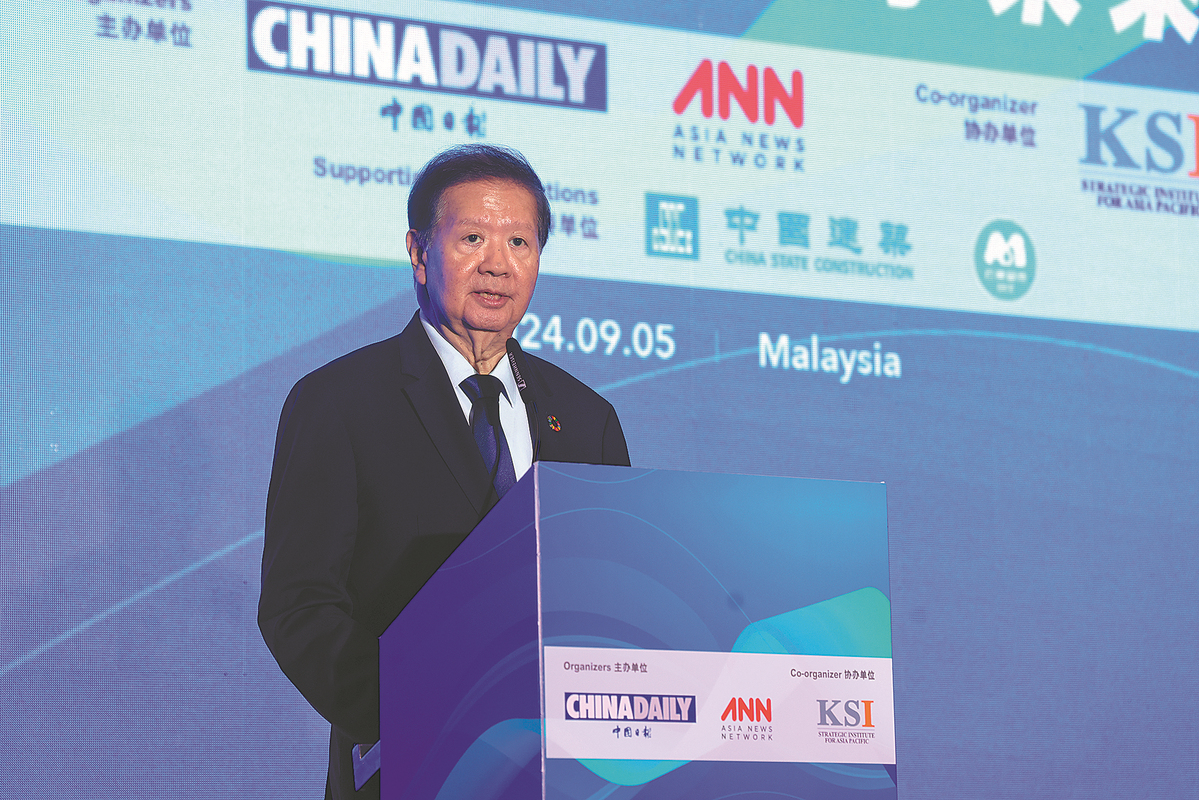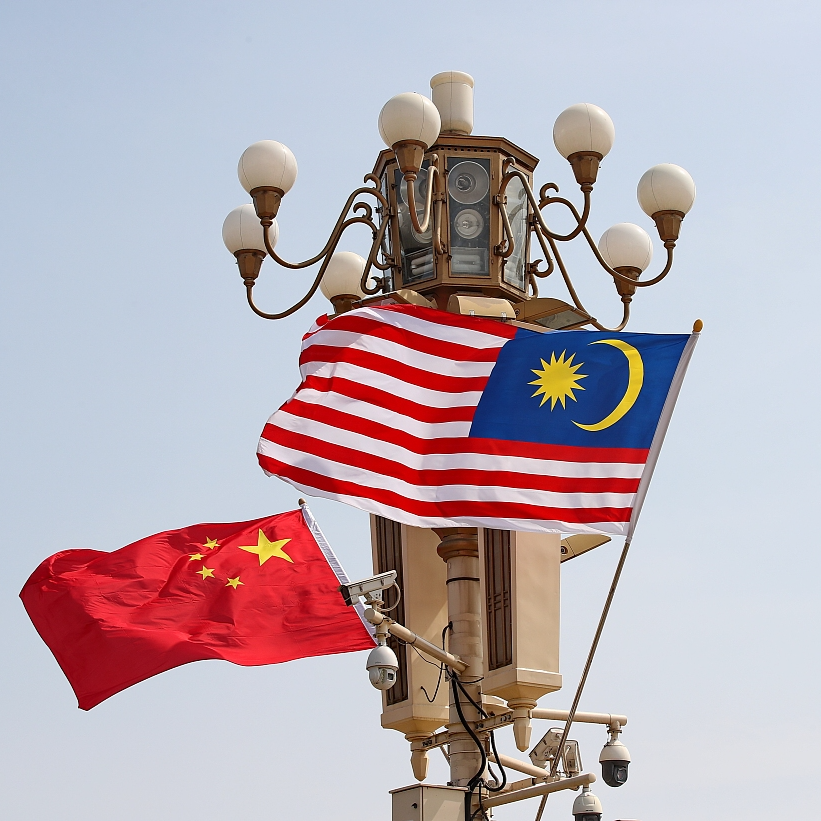- Asian media seen as 'an important force' in promoting civilization
- Baba Nyonya, a Malaysian meeting of two traditions
- Despite challenges, partnership seen as key to keeping the past alive
- Deeper understanding of other cultures seen to reduce conflict
- China looks for collaboration to conserve Asian legacy
- Malaysia seeks cooperation, exchange on shared practices
- Cross-border efforts needed to protect heritage
Editor's note: On Thursday, China Daily and newspaper alliance Asia News Network held the Forum on Cultural Heritage Conservation in Selangor, Malaysia. Co-organized by think tank KSI Strategic Institute for Asia Pacific, nearly 200 government officials, senior executives, cultural leaders, researchers and media representatives from across Asia attended the forum, which was themed "Shared Heritage, Shared Future", to discuss ways to jointly preserve cultural heritage and drive sustainable development in the region. Here are highlights of the forum.

In the face of the potential damage that accelerated urban development and climate change may inflict on cultural heritage, establishing partnerships to protect these assets is essential to fostering a sustainable future.
The remarks were made by Michael Yeoh, president of Malaysia-based think tank KSI Strategic Institute for Asia Pacific. In his welcoming speech at Thursday's Forum on Cultural Heritage Conservation, Yeoh said that the rapid pace of development and industrialization poses risks to cultural sites, making their protection a pressing challenge today.
A case study by UNESCO, for instance, shows that Venice had been sinking at a rate of about 10 centimeters per century due to natural subsidence. In the last century, the city experienced additional decline of 10 cm to 13 cm as nearby industries pumped groundwater from deep aquifers. "This process ended in the 1970s, but irreversible damage has already been done," the study reads.
"In this age of rapid climate change, it is even more important to protect our heritage as environmental pollution and climate change can affect cultural heritage sites and buildings," Yeoh added.
ALSO READ: Preserving cultural heritage essential for shared future
In November 2021, a UNESCO document emphasized that climate change had become one of the most significant threats to world heritage sites, potentially affecting their integrity and authenticity, as well as the economic and social development, and quality of life of communities.
Taking frequent floods as an example, UNESCO noted that the historic center of the Czech town of Cesky Krumlov was flooded up to 4 meters, and about 150 buildings of the medieval Gothic and Renaissance periods suffered damage.

Against that backdrop, Yeoh called for public and private cooperation as well as people-to-people partnership."China and Malaysia should deepen and enhance culture cooperation and exchange, which will bring our two countries and regions closer," he added.
Referring to China Daily and the Asia News Network — the organizers of the event, Yeoh emphasized the key role for media in cultural heritage preservation, saying they can facilitate cultural exchange and collaboration, as mutual respect and dialogue can help ensure peace and harmony among countries with diversified cultures and ethnicities.
READ MORE: China and Malaysia at 50: Shared Changing, Shared Future
In a bid for a shared future and better cultural conservation, Yeoh emphasized the importance of upholding the "5Ps" — people, planet, prosperity, peace and partnerships — that are the foundation of the United Nations 2030 Agenda, a plan for a more equal, just, sustainable and prosperous world for the future generations.


